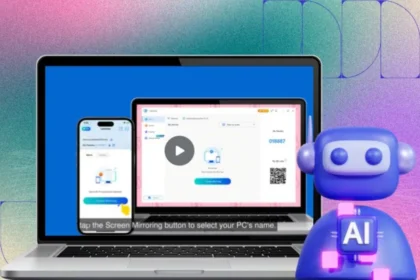Dr. Mohammad Hassanzadeh told a Mehr reporter about providing academics access to scientific databases: “Last August, access to Scopus Science Directory and Scopus AI was provided for universities in the country.” Iran had a 5 -year debt accumulated to these databases and it was not possible for academics to access these bases for five years.
“Since the payment of debt to the databases, we have been looking to take some important steps,” he said. One of the measures to propose to create a dedicated budget line to pay for these bases was to first enter the budget for the first time.
The head of the Iranian Institute of Information Science and Technology (Irandak), referring to the measures taken to expand academics’ access to other databases, added: “As we were, we sought to provide academics access to other databases.”
According to Hassanzadeh; One of the very good databases is Zendy, which covers more than 1,800 magazines in different disciplines, with more than 1,800 magazines indexed on Web Sins.
Ability to use ZAIA Artificial Intelligence Tools
He added that the database has an artificial intelligence assistant, adding that the artificial intelligence tool is called the Zaia AI and provides users with search, interaction, profile definition for users and custom searches.
A member of the faculty of Tarbiat Modarres University noted: “We interacted with this base and have been provided with academics from April 5 and a letter has been issued to university chiefs.” Academics can log in to the website through the universities and use the capabilities of artificial intelligence and other capabilities.
The role of academics’ access to scientific resources in enhancing the country’s articles
Referring to the need for access to information resources for academics, he said, their publications have declined for various reasons, including the lack of access to the databases.
Hassanzadeh described the databases as “fuel of research environments” and said: “Researchers must have access to valid information resources for effective research, maintaining effective communication with the scientific community and world achievements.” In recent years, this has been a problem that this is being resolved at high speeds.
Access to other bases; Soon
He noted: Providing access to other scientific bases in the fields of engineering, agriculture and so on is on the agenda and some of them will be provided in less than a month.
Will academics also have access to Webmassex?
In response to Mehr reporter, the head of the country’s scientific resource supply council explained to the Mehr reporter about providing researchers’ access to the Webwanic website: Webmassex is a product of Clarivit Analytics Company, not a full -text base; Rather, it is a citation database, similar to scopus, enables citation analysis and bibliographic search.
He added: Elsevier’s scopus provides access to Science Directory to its subscribers and they can access all the texts of its articles, but Webwells is not publisher and does not publish a magazine, so it merely provides citation analysis.
Hassanzadeh emphasized: Providing access to the WebShaws base is on our agenda, but before that we have more serious priorities and we need to provide access to all important and valid text resources. Some universities and research centers need access to citation bases for scientific analysis, and they are our next priority.
(tagstotranslate) Artificial Intelligence (T) Irandak (T) Mohammad Hassanzadeh (T) Scopus
RCO NEWS


















